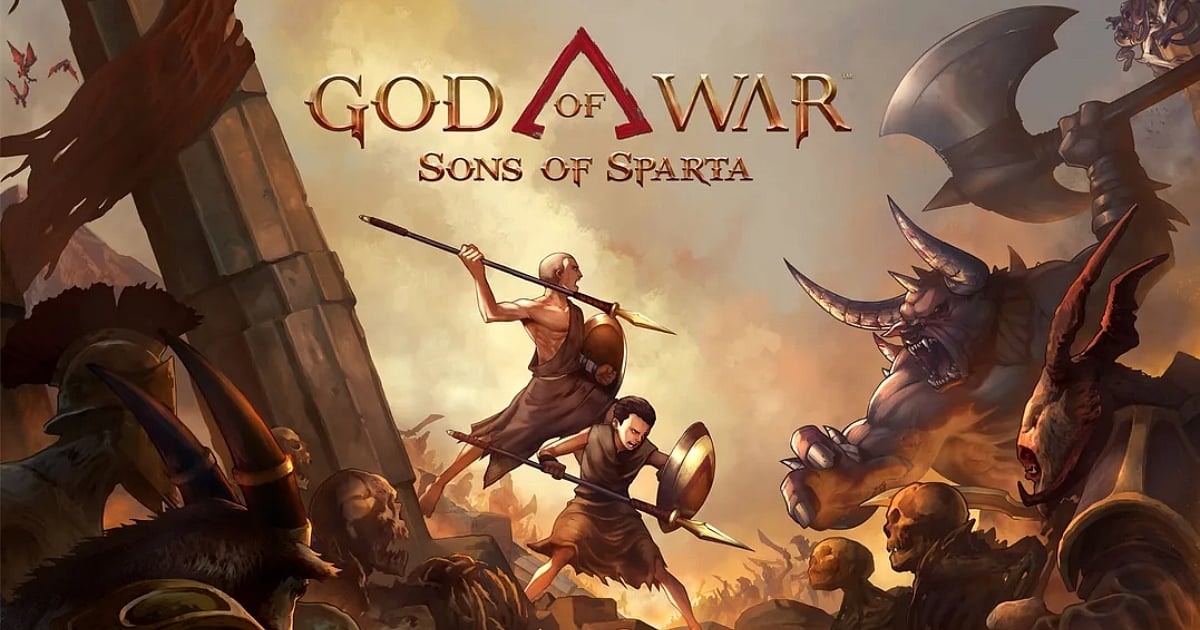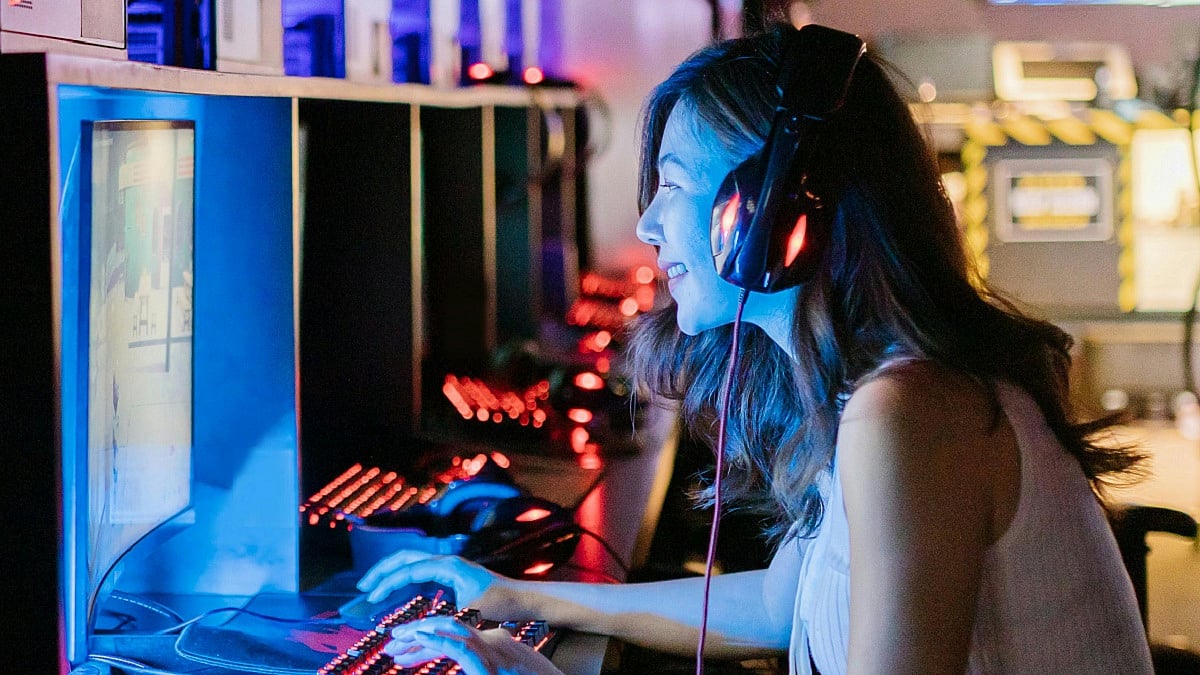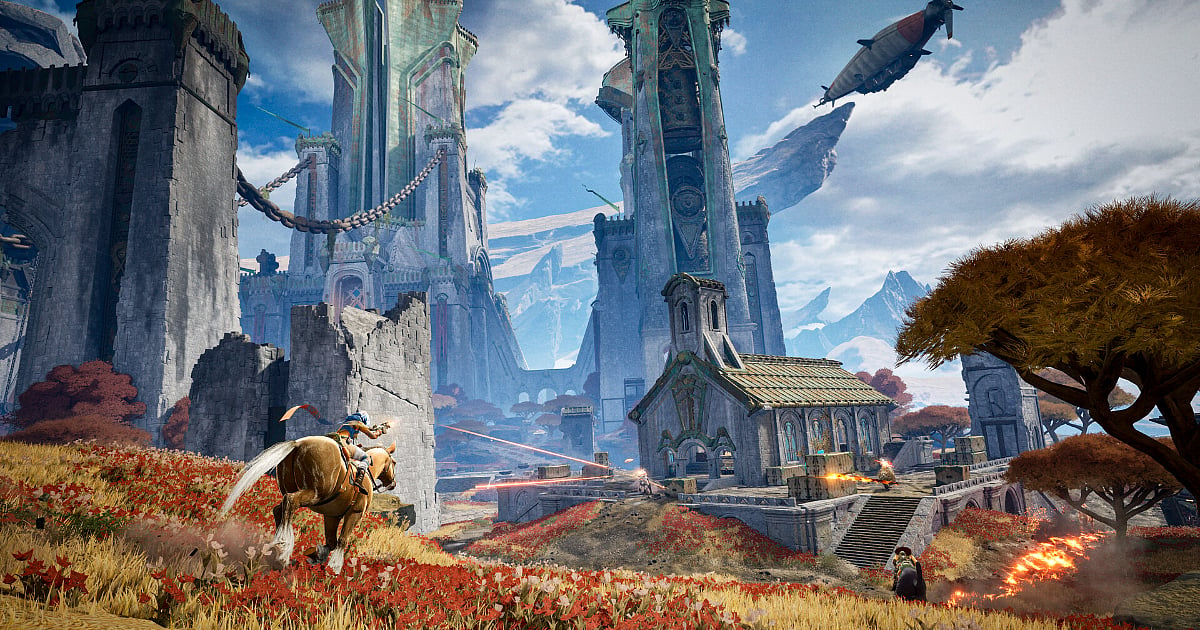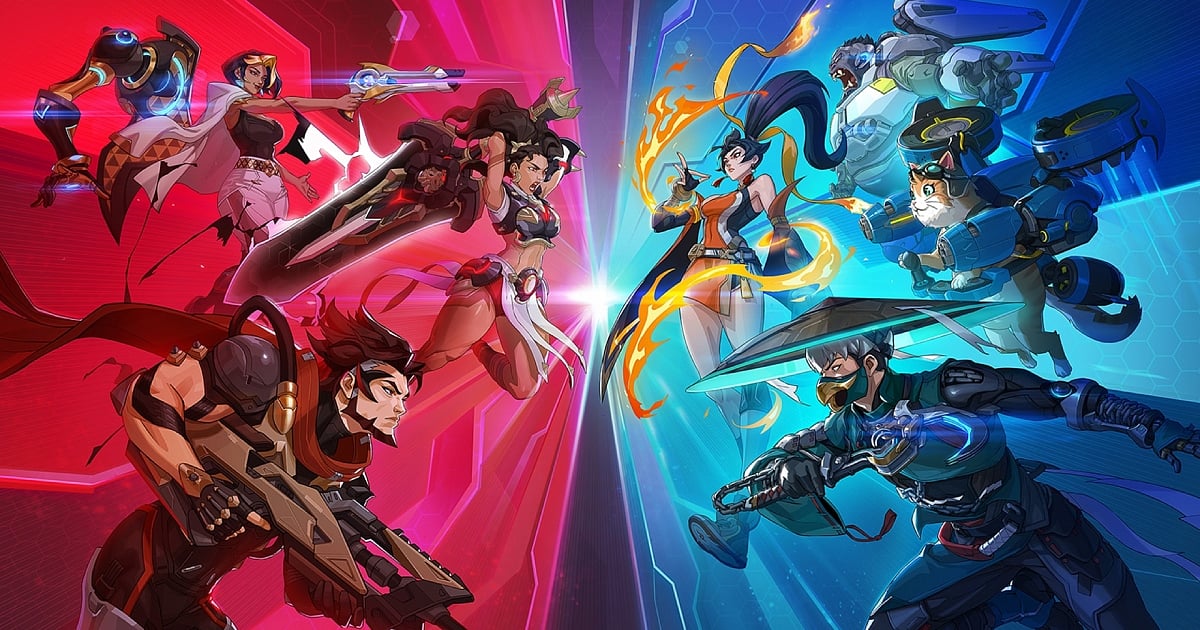
SEGA, Media City Qatar Sign Deal to Adapt Games for Arab Markets
SEGA, Media City Qatar Sign Deal to Adapt Games for Arab Markets
Partnership targets Arabic localization and regional content development as Qatar pursues broader gaming ambitions
Highlights
- SEGA signed an MoU with Media City Qatar to localize and co-develop games tailored for Middle Eastern audiences.
- The deal supports Arabic voice-overs, subtitles, and regional storylines, aligning with Qatar’s Vision 2030 creative goals.
- The partnership includes training programs and R&D initiatives, aiming to build Qatar as a content production hub in the region.
Japanese video-game publisher SEGA signed a memorandum of understanding with Media City Qatar to develop and adapt games for Middle Eastern audiences, marking a shift in how global entertainment companies approach one of the world's fastest-growing gaming markets.
The nonbinding agreement outlines cooperation on Arabic localization of SEGA titles, cultural adaptation of existing intellectual property and co-development of original content tailored to regional audiences. The framework also addresses licensing terms and responsible use of artificial intelligence in content creation, though neither party disclosed financial commitments or investment figures.
The deal follows a trade mission by Media City Qatar to Japan and represents a convergence of Qatar's national development goals with the commercial interests of a major multinational publisher. Qatar's Vision 2030 economic plan identifies the creative economy as a priority growth sector, with the country's gaming market projected to expand from $489.4 million in 2024 to $1 billion by 2033, according to industry estimates.
The broader Middle East and North Africa gaming market is expected to reach $6.8 billion by 2030, fueled by a population that includes more than 420 million Arabic speakers. Yet despite this demographic scale, only about 3% of online content is available in Arabic, said Jassim Mohamed al-Khori, chief executive of Media City Qatar.
"The gap between audience size and content availability creates both a cultural imperative and a commercial opportunity," Mr. al-Khori said.
Arabic Gaming Localization and Workforce Development
Under the memorandum, SEGA would adapt existing franchises for Arab markets through voice-overs, subtitles and user-interface modifications that reflect regional preferences. The companies would also explore collaboration on new titles incorporating regional narratives and design elements.
Media City Qatar would provide production facilities, research-and-development support and access to innovation funding for pilot projects. The partnership includes workforce development initiatives, with training programs in game design, animation and production conducted in partnership with Qatari universities and business organizations.
The agreement focuses on ecosystem development rather than specific production commitments or equity arrangements. The structural framework resembles cooperation agreements global publishers established during early localization efforts in South Korea and Japan, which eventually yielded regional content industries of significant scale.
The memorandum highlights diverging strategies within the Gulf region's gaming sector. The United Arab Emirates and Saudi Arabia have emphasized esports infrastructure, intellectual-property acquisitions and publishing deals, while Qatar's approach centers on content development and localized production capabilities.
That distinction could determine whether Qatar emerges as a production hub rather than primarily a consumer market or tournament venue, industry observers say.
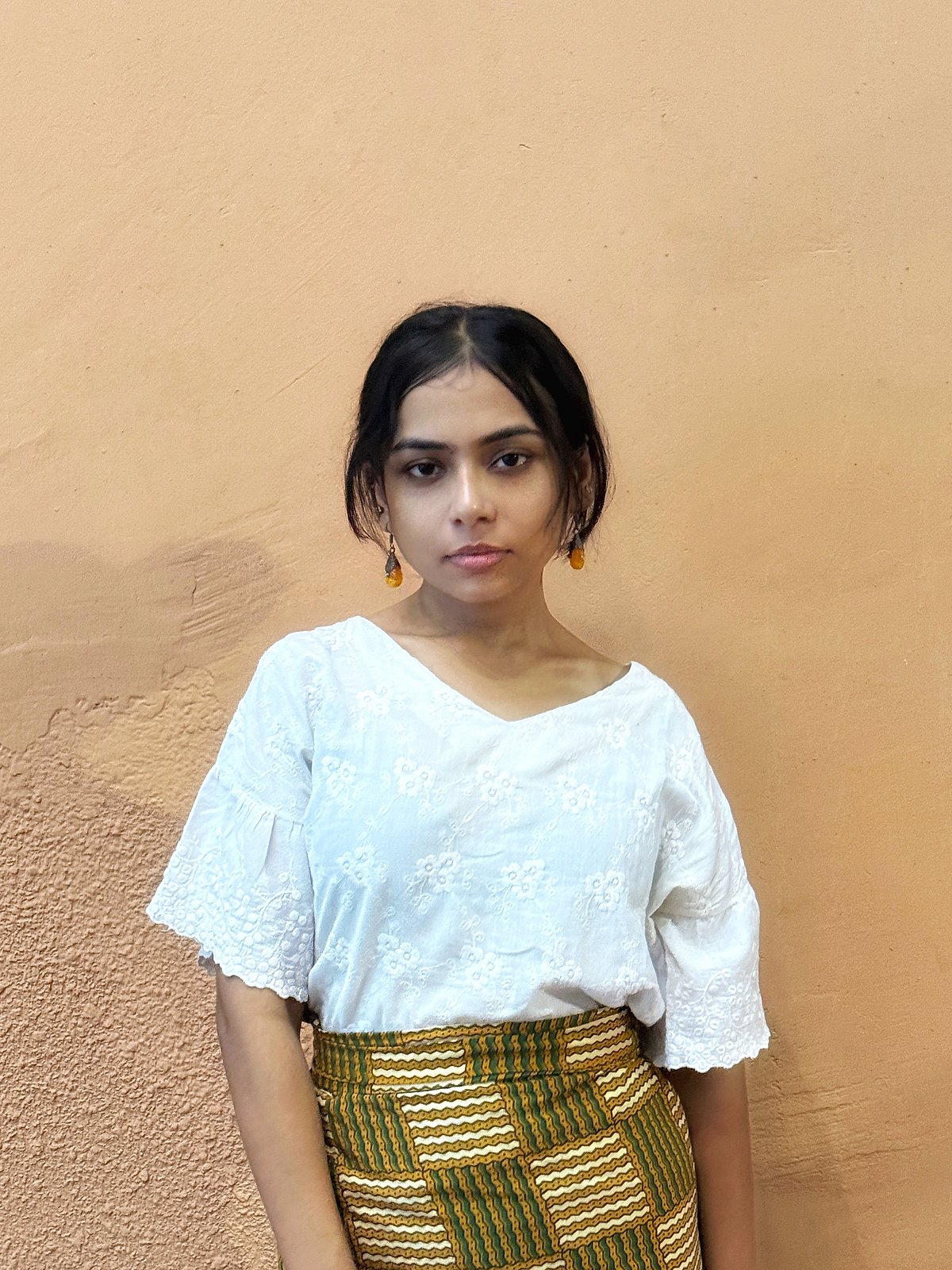
Author
Kamalikaa Biswas is a content writer at Outlook Respawn specializing in pop culture. She holds a Master's in English Literature from University of Delhi and leverages her media industry experience to deliver insightful content on the latest youth culture trends.
Related Articles
